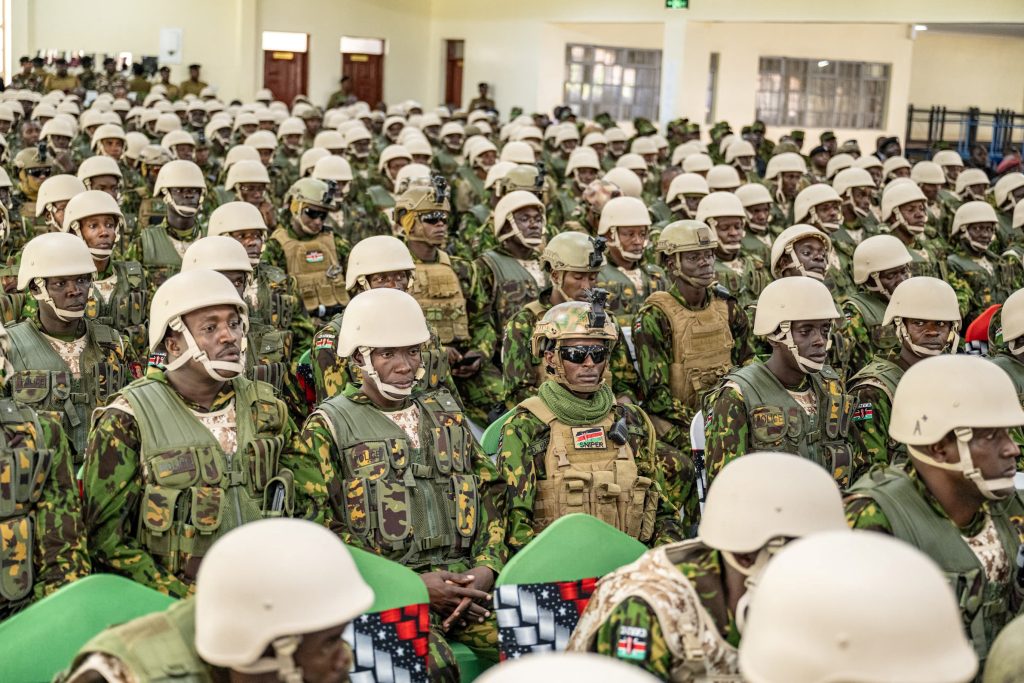Issues with payment and a lack of equipment and manpower have negatively impacted the morale of Kenyan officers stationed in Haiti, hindering their ability to confront heavily armed gangs, according to four officers who spoke with Reuters.
In the face of widespread violence, including killings, rapes, and extortion by gangs controlling most of Port-au-Prince, Haiti’s transitional government and its international allies are relying on the Kenyan-led mission to restore enough security to enable elections by February 2026.
Although the UN Security Council authorised the Multinational Security Support (MSS) mission last October, the initial deployment faced delays due to political instability in Haiti, legal disputes in Kenya, and challenges in raising funds.
The first group of nearly 200 Kenyan officers reached Port-au-Prince in late June, followed by a similar-sized contingent three weeks later. The force is expected to grow to about 2,500 personnel from at least ten countries.
Progress has been slow, partly due to financial issues. Despite the United States contributing $369 million in funds, equipment, and services, a UN fund is currently short of about $150 million from the estimated $589 million required for the first year’s operations, with only around $68 million available.
Diego Da Rin, International Crisis Group’s Haiti analyst, remarked, “The slow pace of the entire process indicates it will be very challenging to meet the deadlines set by the transitional government.”
The US State Department said that the US Air Force had started delivering the armoured platforms and that sufficient radio systems were now accessible.
Some officers raised concerns about being deployed before the equipment was fully prepared.
The State Department stated that the MSS is expected to expand to 1,000 personnel in the next several months and that Jamaica, which has pledged 200 personnel, intends to make an initial deployment.

